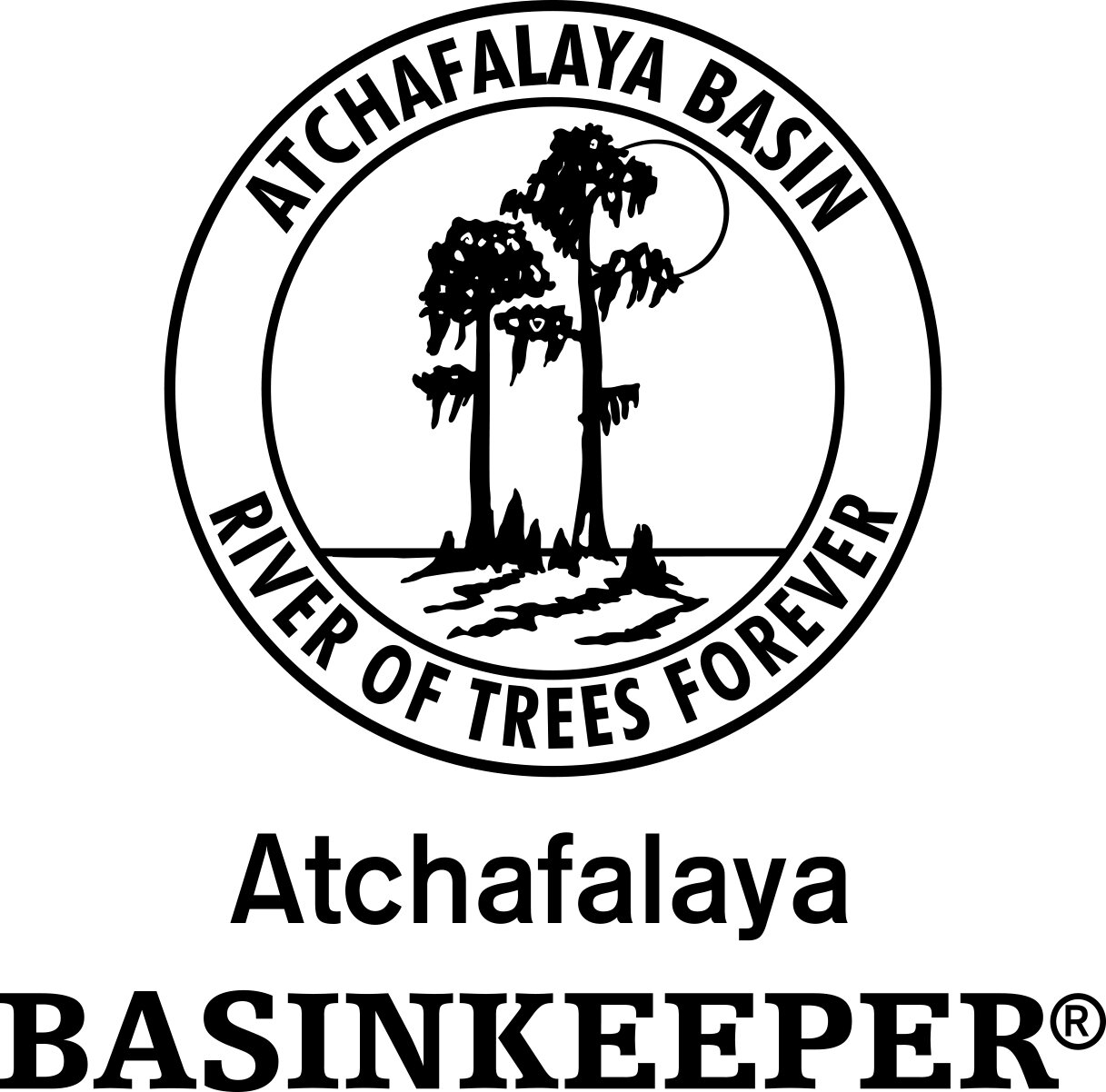〰️
Protecting and preserving the Atchafalaya Basin
〰️ Protecting and preserving the Atchafalaya Basin
On Our Watch Podcast
Dean Wilson is the Executive Director and Founder of Atchafalaya Basinkeeper. A member organization of Waterkeeper Alliance, Atchafalaya Basinkeeper’s mission is to protect and restore the swamps, lakes, rivers, streams and bayous of the Atchafalaya Basin for future generations. Dean is deeply passionate about the Atchafalaya Basin. When he is not out patrolling or educating communities about the Basin and its many threats and treasures, he works with his family-owned and operated swamp tour business, Last Wilderness Swamp Tours.
The Majestic Atchafalaya!!
With admiration to our volunteers, supporters, and the many unnamed heroes and public servants that have risked it all to help us protect the Atchafalaya Basin. This film is dedicated to all of you that make our work possible!
LATEST VIDEOS
Paddle and Fish Fry
Pack and Paddle Sponsored a Canoe Trip to Lake Fausse Point November 1, 2020. The paddle included the gear, boat, dinner and all attendees received membership to Atchafalaya Basinkeeper.
Coon Trap / Victory For the Basin!!!
Coon Trap is finally closed! Coon Trap is a river diversion into the Basin's lakes, bayous and wetlands that over the last 30 years has caused more damage to the Basin than any other single project. Sand coming from Coon Trap has filled Bee Bayou, Flat Lake Pass, much of Keelboat Pass, Lake Murphy, and huge amounts of wetlands. Coon Trap has also severely impaired East Grand Lake and would have eventually destroyed the lake.
Keelboat Pass
Located at the north end of Grand Lake, Keelboat Pass used to be one of the deepest waterways in the Atchafalaya Basin, about 100 feet deep at its northern end. Today most of Keelboat Pass, together with Flat Lake Pass, Bee Bayou, much of Lake Murphy and countless of acres of swamps, is gone, buried with sand and silt from a river diversion project called Coon Trap. After almost 30 years of fighting to close down Coon Trap, the Corps finally closed it this year.
One more success in our relentless fight to save our beloved Atchafalaya Basin.
Saving the Basin - Part 1
The Atchafalaya Basin, the largest wetland forest in North America. is currently under threat of drying up. President of Louisiana Crawfish Producer's Association - West, Jody Meche talks about the importance of this critical habitat for Cajun culture, Louisiana's crawfishing economy, and the future of the Atchafalaya Basin in Part 1 of this series.
Saving the Basin - Part 2
Part 2 of Saving the Basin series shows the impacts of permit noncompliance coupled with sedimentation in an area that supports a large population of neo-tropical migratory birds. It is imperative to the sustainability of these swamps, and our communities, that we begin to understand these trends and demand compliance with permits and proper enforcement by our regulatory agencies.
About
Find out about our organization, mission, methods, and the results of our years of advocacy.
Take Action
Ready to take the next step? You can become a contributor to our cause, or participate yourself.





